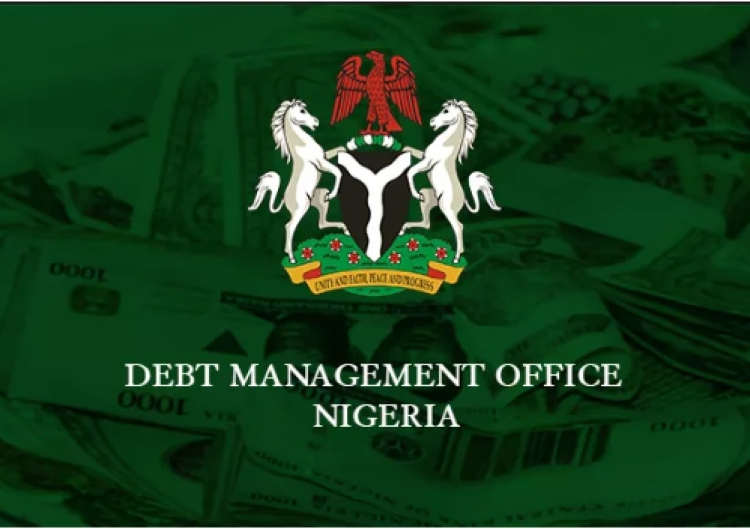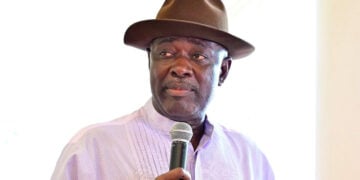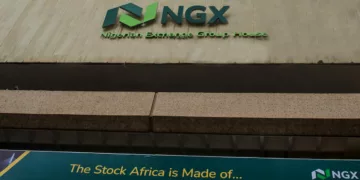Nigeria’s total public debt reached its highest on record as Africa’s most populous nation continues to rely on borrowings to meet its fiscal obligations.
The country’s debt profile soared to N144.6 trillion as of the end of 2024 compared to N97.3 trillion recorded in the previous year, data from the Debt Management Office (DMO) released on Friday show.
However, in dollar terms, Nigeria’s debt shrank, declining from $108.2 billion in 2023 to $94.2 billion last year, signalling a lesser foreign exchange volatility.
“Nigeria’s debt position continues to expand as a policy of borrowing to spark growth is pursued,” Renaissance Capital Africa said in a note recently.
A further analysis of the report revealed a quarter-on-quarter rise of 1.65 percent from the N142.32 trillion ($88.89 billion) recorded at the end of September 2024, highlighting an increased borrowing.
The federal government sought a $2.2 billion external borrowing in November last year to part-finance a N9.7 trillion deficit in the 2024 budget which was later approved by the country’s lawmakers. This accounts for the slight rise in the nation’s debt profile.
An analysis of Nigeria’s public debt on a year-on-year basis showed an increase of N47.32tn, representing a 48.58 per cent rise from December 2023 to December 2024.
The surge in Nigeria’s debt was primarily driven by significant increases in both external and domestic borrowings.
Nigeria’s external debt increased by 83.89 percent from N38.2 trillion i.e $42.50 billion in December 2023 to N70.29 trillion i.e $45.78 billion in December 2024.
A further analysis of the data showed that domestic debt also rose by 25.7 percent from N59.1 trillion or $65.7 billion at the end of December 2023 to N74.38 trillion or $48.4 billion in December 2024.
This growth indicates that the Nigerian government relied more on domestic borrowings to finance budget and infrastructural projects as it accounted for 51.4 percent of total debt profile, with the FGN taking N70.4 trillion and state governments having N3.9 trillion as their debts.
As of December 2024, external debt made up 48.59 percent of Nigeria’s total public debt, while domestic debt accounted for 51.41 percent, indicating a relatively balanced debt structure.
However, the rise in external borrowings points to a growing reliance on foreign debt to bridge budgetary gaps.
The breakdown of external debt shows that the Federal Government accounted for N62.92 trillion or $40.98 billion, while states and the FCT held N7.37 trillion or $4.80 billion.
”Whilst positive in the short term, the rapid expansion of both external and domestic debt is happening at relatively high rates given current global and domestic macroeconomic conditions,” analysts at Renaissance Capital Africa said.
Rising public debt means elevated debt-to-service cost. The rising debt profile, particularly in naira terms, raises concerns over debt sustainability, especially with the exchange rate volatility driving up the local currency cost of external obligations.
Analysts have expressed concerns over the rising debt levels, warning that it could trigger a debt crisis for a country that’s reeling from its worst cost of living crisis in a generation.
While the exchange rate has begun to show reduced volatility due to the various central bank’s policies, analysts believe that the proposed tax reforms might help Nigeria boost its revenue base and lower borrowings.
“Higher revenues and lower recurrent spending remain the solutions to the federal government of Nigeria’s debt sustainability issues. This will allow for less new issuance and the early prepayment of highly priced loans in the immediate term.
“The ability to also reduce dependence on both domestic and international funding markets also arises from higher revenues,” the analysts said.











